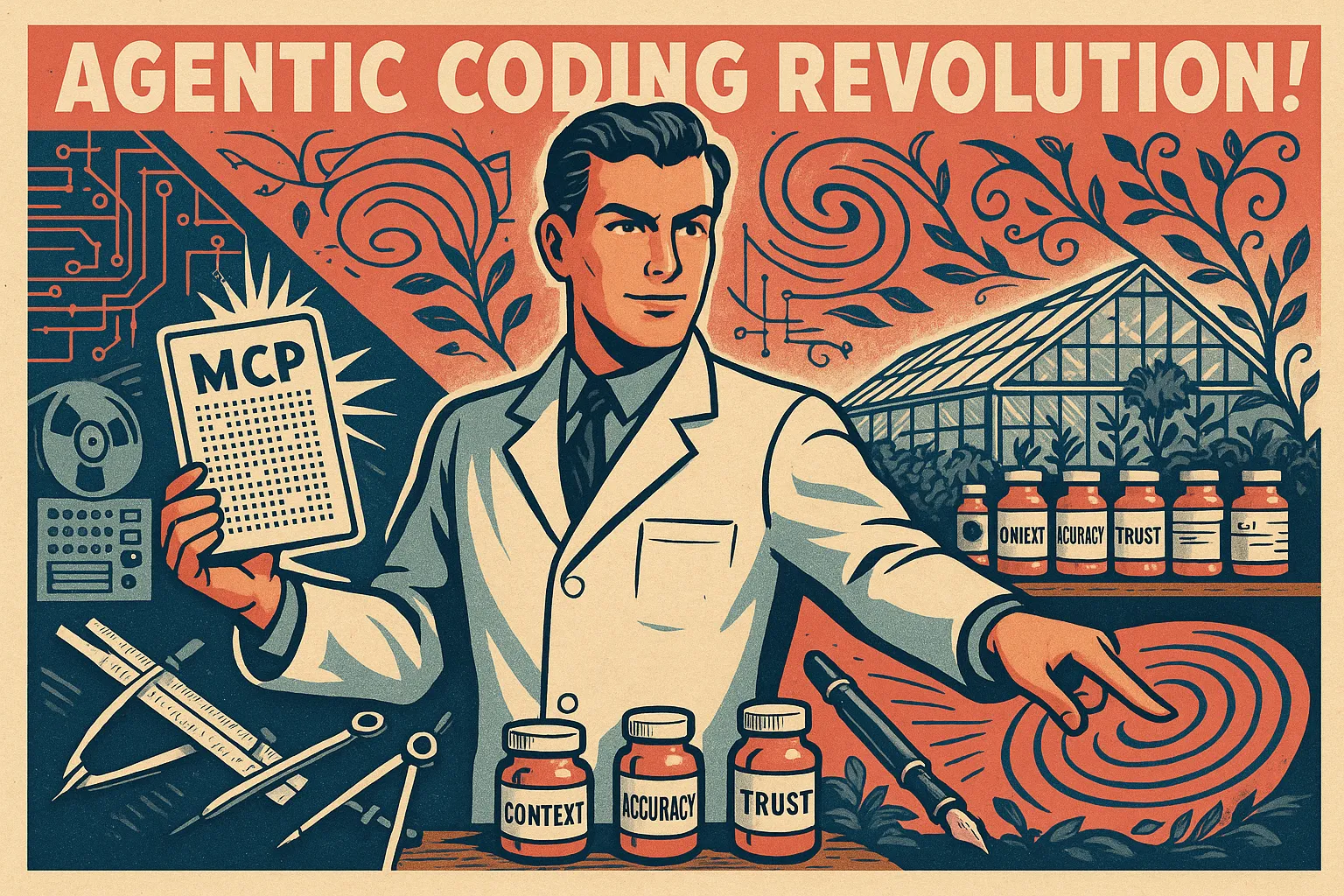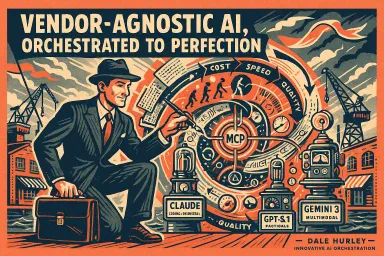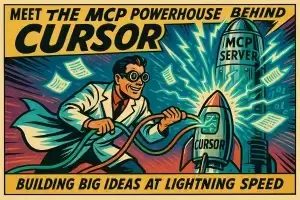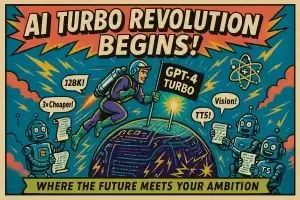The Big Picture
When I first launched Full.CX, my mission was straightforward: help product teams bridge the gap between a grand product vision and the thousands of details needed to bring it to life. I built tools that kept teams aligned, efficient, and confident. But as AI development surged, I saw a new opportunity, and a growing problem, that demanded a new direction.
AI Coding
AI assisted coding is amazing productivity booster. It helps developers write code faster, catch bugs earlier, and create tests. The capabilities of AI agents keep getting better with improvements to the state of the art (SOTA) models like GPT-5, Claude Sonnet/Opus, and Gemini creating more and more code.
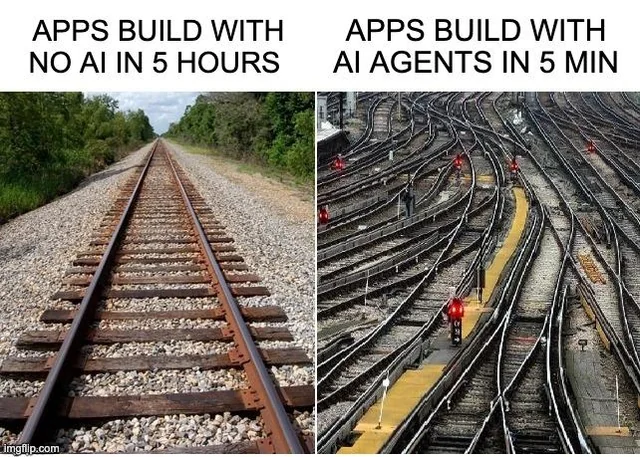
The Problem with “Set-and-Forget” AI Agents
AI coding agents are awesome, you feed them a goal, and they’ll generate the code. In theory, this sounds perfect. In practice? It’s messy.
- Context Drift: Over time, agents lose sight of the original requirements.
- Inconsistent Output: Code often veers off-spec, introducing errors or architectural mismatches.
- Rework Overload: Teams spend more time reviewing and correcting AI code than the AI actually saves them.
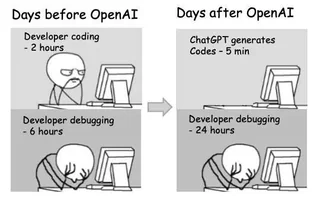
I realized the industry needed something better, something that could give AI agents autonomy without letting them drift off course.
MCP: The Model Context Protocol
The pivot centers on a powerful concept: persistent, structured context for AI agents. The Full.CX Model Context Protocol (MCP) acts as an always-on guide for agents, ensuring they never lose sight of the “big picture” even while making granular coding decisions.
Think of Full.CX MCP as the GPS for AI agents: it doesn’t just give a single instruction (“build a login page”), it keeps updating them with the full map, the destination, and the route, so they can navigate obstacles without forgetting where they’re headed.
Why This Matters
For development teams, this shift means:
- Higher Accuracy: Code generated is more in line with architectural plans and coding standards.
- Reduced Overhead: Less time wasted on back-and-forth debugging with your AI partner.
- Scalable Collaboration: Agents can work on complex systems without stepping on each other’s toes, or yours.
In other words, MCP doesn’t just make AI smarter, it makes AI trustworthy.
The Road Ahead
My vision is to make agentic coding even better: AI agents that work like reliable teammates, not unpredictable interns. By integrating MCP into Full.CX, I’m not just improving efficiency, I’m redefining what’s possible in collaborative AI-assisted development.
The future of coding isn’t “AI vs. humans” or “AI replacing humans.” It’s humans and AI building together, with shared context, mutual trust, and a shared goal from start to finish.
Read more about how I have been using the Full.CX MCP with Cursor

